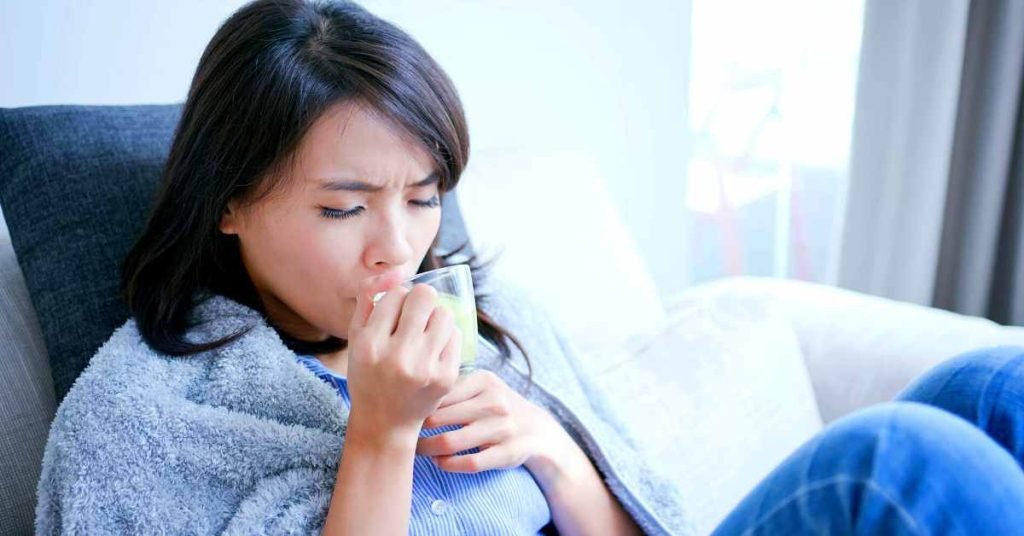Tea benefits adults in numerous ways, but just how does tea benefit children? We give little thought to letting our kids drink tea; however, some reliable sources shed some light on kids and tea consumption. If you are a parent, don’t miss this read!
Does Drinking Tea Benefit Children?
Adults reap the health benefits that true tea (black, green, oolong, or white) delivers. Likewise, tisanes (herbal tea) are consumed by adults to help with ailments or conditions. So, how do you know if true teas or tisanes benefit children?
There is not enough research to establish that drinking tea/tisanes is safe or beneficial for children. Because of this, it’s best for parents to consult with their child’s doctor before allowing them to consume tea.
The information presented on this site is provided for information purposes only. It is not meant to substitute for medical advice or diagnosis provided by your physician or other medical professionals. Do not use this information to diagnose, treat, or cure any illness or health condition. If you have or suspect that you have a medical problem, contact your physician or healthcare provider.
How Caffeine In Tea Affects Children
Caffeine is something most of us pay close attention to when consuming caffeinated beverages. True tea (black, green, oolong, white) are naturally caffeinated, and a cup can yield up to 60 mg of caffeine. The FDA’s recommended daily caffeine intake for adults is 400 mg or less (there’s nothing on how much children should consume.)
There are no guidelines set in place for the intake of caffeine by children. The American Academy of Pediatrics advises against children (1-18 years) consuming caffeine or any other beverage that contains stimulants.
An alarming rate of 85% of older kids/teens consume a caffeinated beverage of some sort. The Journal of Caffeine Research published a study outlining the high consumption of energy drinks (amped up with tons of caffeine) by kids. It’s a real eye-opener when scientific data reveals that our kids (62%) are drinking up to 500 mg of caffeine in one energy drink.
A research article entitled “Symptoms Attributed To Consumption Of Caffeinated Beverages In Adolescents” mentions caffeine as a psychoactive drug. As such, it can potentially cause health issues in kids, some of which may be serious. Any drink with significant caffeine (such as tea and energy drinks) can be dangerous for children.
Caffeine Side Effects In Children

According to the American Academy of Child & Adolescent Psychiatry, caffeine can cause side effects in children who consume it. Children under the age of 12 are more prone to have exacerbated side effects because they are much smaller than adults. Some side effects include anxiety, hyperactivity, increased heart rate, and more.
Tisanes provide a caffeine-free alternative for adults, so can kids also enjoy herbal tea?
Is Herbal Tea Safe For Children?
In addition to true teas (black, green, oolong, and white,) there is a whole other world of teas known as “tisanes.” Tisanes are herbal teas made from parts of herbaceous plants, most of which are caffeine-free. Some herbs do contain natural caffeine.
Herbal teas have been used throughout the centuries in alternative medicine to treat various conditions. Some herbs have potent bioactivity, which is why alternative medicine utilizes them to help health issues. Because of this, some tisanes may not be ideal for children to drink.
In the “Nutrition Today” journal, several herbal “remedies” were mentioned as being used in children. These include chamomile, fennel, ginger, and mint. However, those “remedies” were reported as topical applications, not consumption.
The journal goes on to further mention that the ingestion of herbs by children should not include any saturated pyrrolizidine alkaloid-containing herbs. This alkaloid is present in a weed that may be growing near herbaceous plants. During harvesting, the weed may inadvertently get harvested with the herb.
Herbal teas outlined in the German Federal Institute for Risk Assessment study report fennel tea (including baby fennel,) chamomile tea, peppermint tea, nettle tea, and Melissa tea as possibly having a margin of exposure to saturated pyrrolizidine alkaloids. Purchasing organic herbal tea helps to prevent tea drinkers from such exposures.
Some herbal teas may be fine for children to enjoy; however, It’s best to talk to your child’s healthcare provider about what’s deemed safe or unsafe.
Teatime for children should be fun and not filled with concern over the quality of tea served. Have peace of mind knowing your little ones are getting a tisane that is organic and wholesome (no harmful ingredients.) Share tea with your child and make some fun, lasting memories!
Get your Children Tea Gift Set Today!
Unhealthy Tea Trends

One particular tisane/tea drink that parents should be aware of is bubble teas. It’s raging among young adults and kids because of how sweet they are and the unique ingredients and flavors.
Bubble tea (boba) originated in Taiwan and has swept worldwide like wildfire. Large cities have boba shops where the concoction is often made from a pre-made commercial mix. Tapioca pearls are added along with ice. Toppings and additives are often added to create signature drinks.
Many parents aren’t aware of how unhealthy bubble teas are. The drink is often marketed as a tea when it lacks any true tea.
The National Library of Medicine published a report highlighting how unhealthy bubble teas (boba) are. These drinks are saturated in sugars and carbs, making them highly unhealthy to consume. To a kid, these sugary beverages are very attractive.
The only healthy alternative to enjoying one of these types of drinks is to make it at home with fresh ingredients. Parents are in complete control of what goes into the drink.
The Final Verdict
Tea and tisanes for adults are the nectar of benefits gifted from nature. As for our kiddos, there are some that they can enjoy without hindrance, and that is something best left up to a healthcare provider to determine.
MEDICAL DISCLAIMER
Itsnevernotteatime.com cannot and does not contain medical/health advice. The medical/health information is provided for general and educational purposes only and is not a substitute for professional advice.




